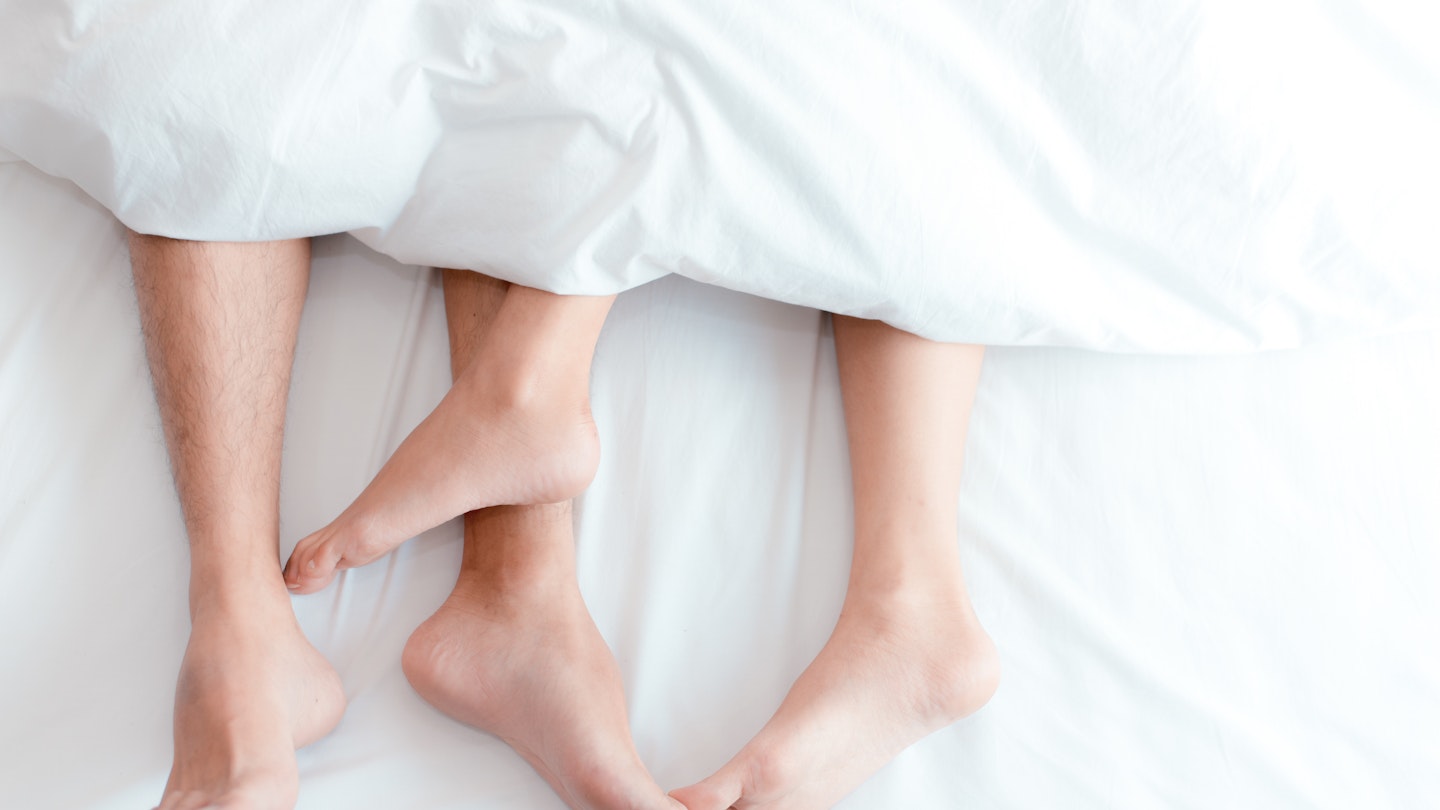Knowing when you are ovulating, what signs to look out for and the science behind ovulation is important if you're trying to conceive. But sometimes, knowing everything can be a little bit confusing.
Ovulation needs to happen before natural fetilisation is possible. An egg can't be fetilised in the ovary, so in order for pregnancy to occur, an egg must be fetilised and then successfully implant in the wall of the uterus, (which has been thickening up in preparation).
If the egg isn’t fertilised, the body sheds the lining of the womb, along with the unfertilised egg and a period begins, along with a new cycle.
So to find out when you're ovulating based on the date of your last period, try our ovulation calculator and take a look at these 19 facts that you need to know about ovulation!
Ovulation facts
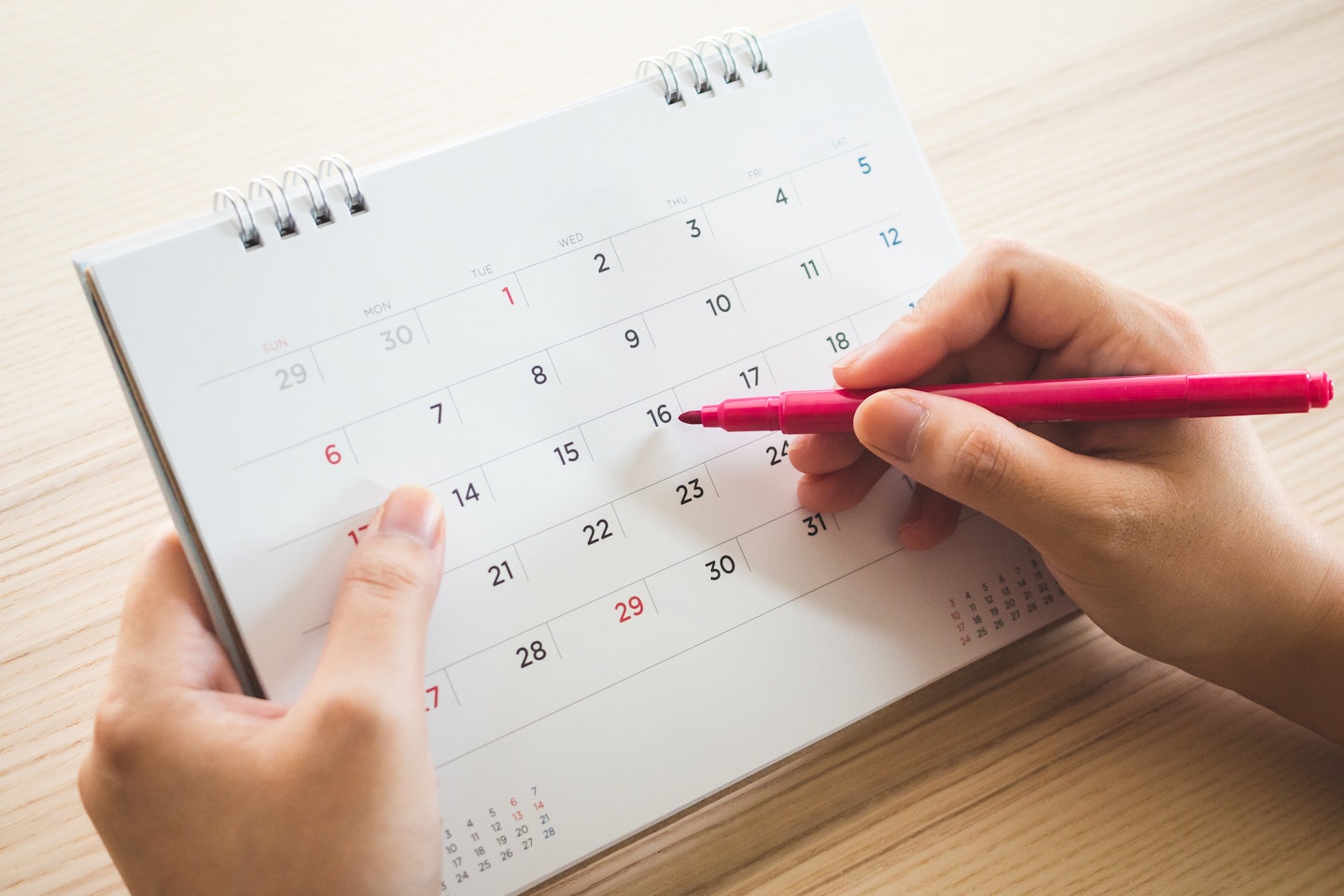 1 of 20
1 of 201) The average cycle
The average cycle for a woman is 28 days, but your cycle can be anything from 22 to 36 days long. Ovulation normally happens about two weeks before your next period, so if your cycle is 28 days, you will ovulate around day 14. Work out when you are ovulating by using our ovulation calculator.
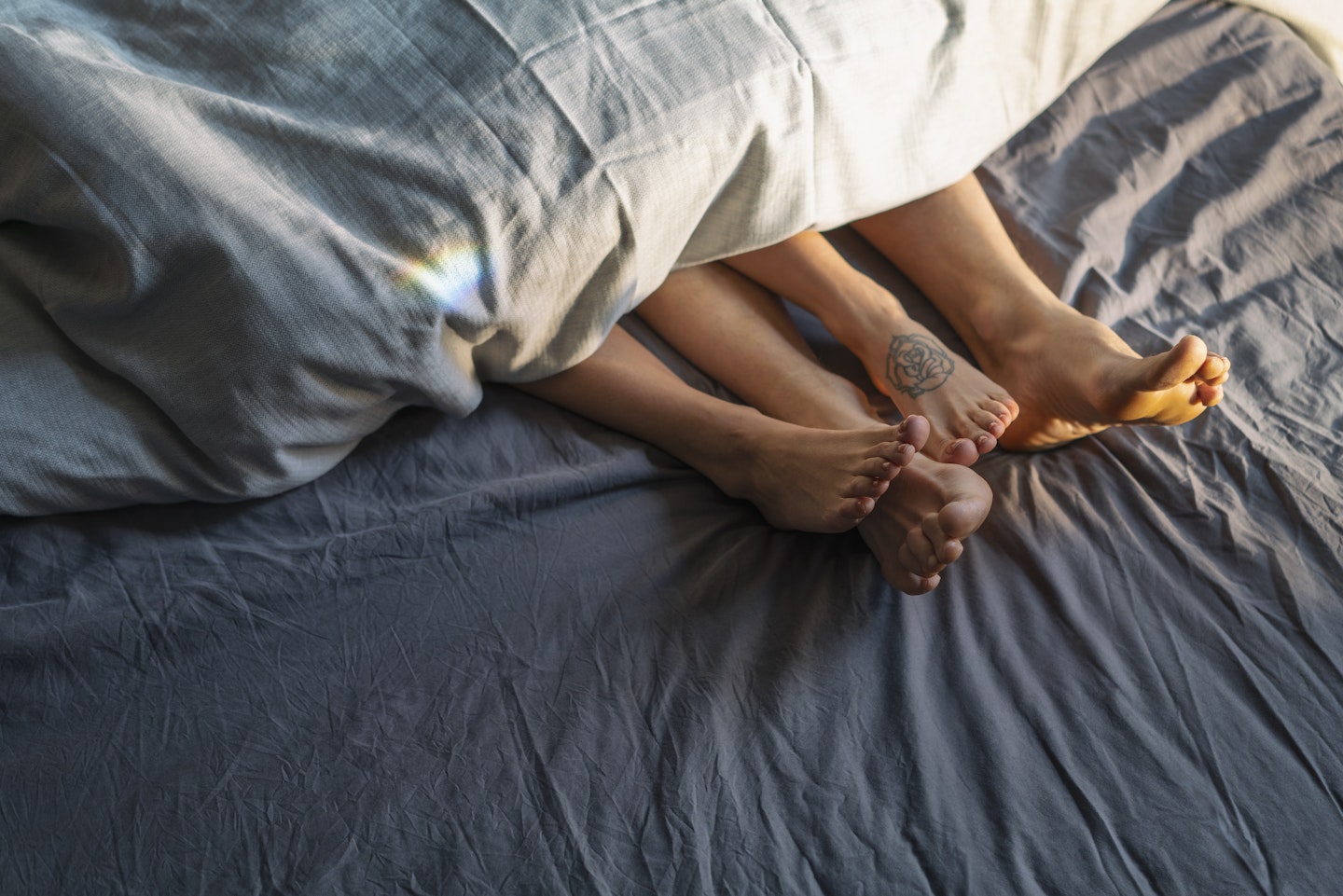 2 of 20
2 of 202) Your egg lives up to 24 hours
After leaving your ovary, your egg lives for up to 24 hours, so if you are having sex around your most fertile days, you’ll have a better chance of conceiving.
 3 of 20
3 of 203) Sperm can live up to 5 days
Your partner’s sperm can live for up to five days, so it’s a good idea to also have sex before ovulation occurs if you are trying to conceive.
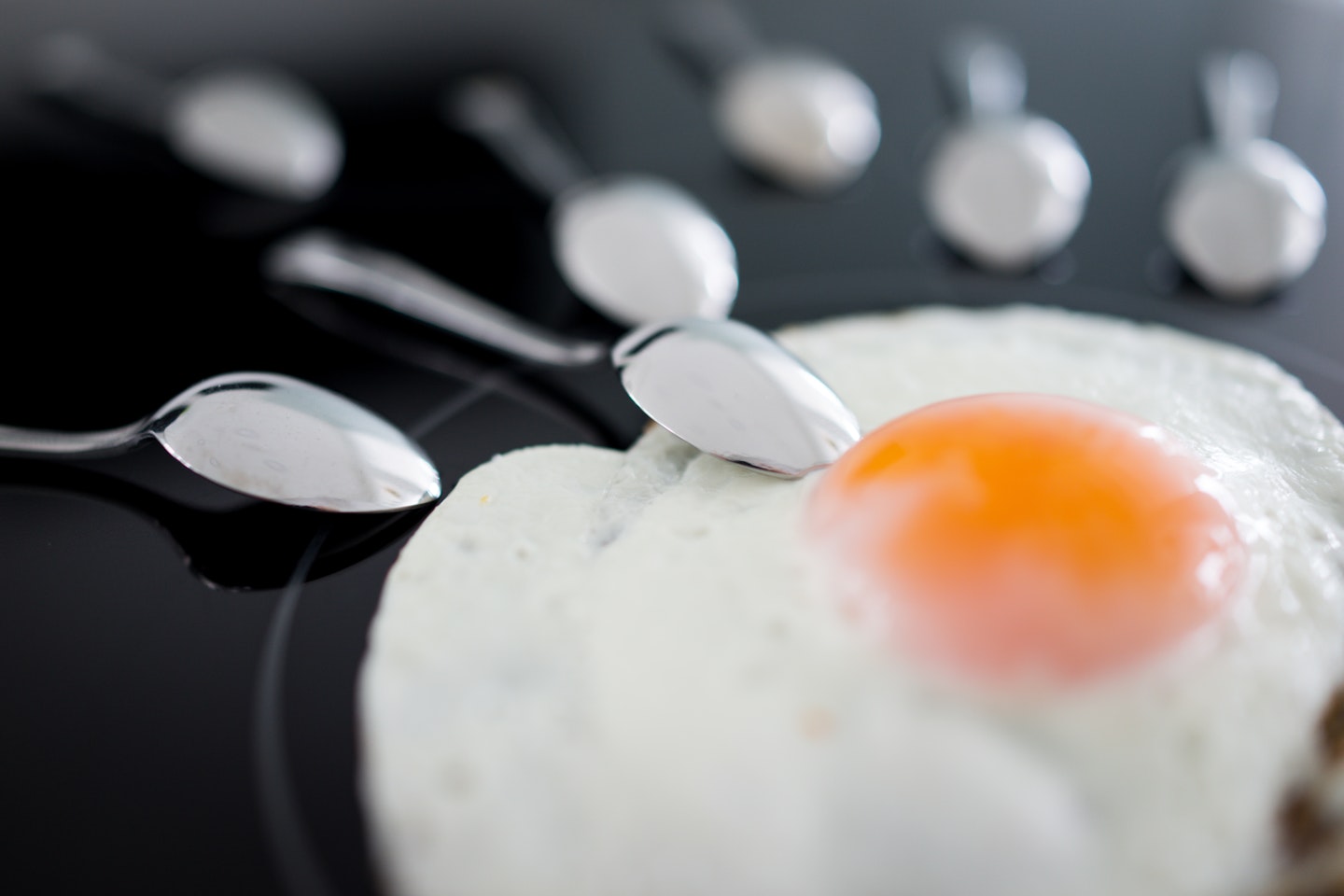 4 of 20
4 of 204) Only one sperm can fertilise the egg
Your partner will release around 250 million sperm during ejaculation, however only around 400 of these sperm will make the ten-hour journey from your vagina, through your cervix and up the fallopian tube, where it can penetrate the egg. Only one can burrow through your eggs outer membrane.
 5 of 20
5 of 205) Stress can effect ovulation
Ovulation can be affected by a number of different things including stress and illness. If you’ve been trying for a baby for a while, it might be time to take a look at your job stresses, or workout routine.
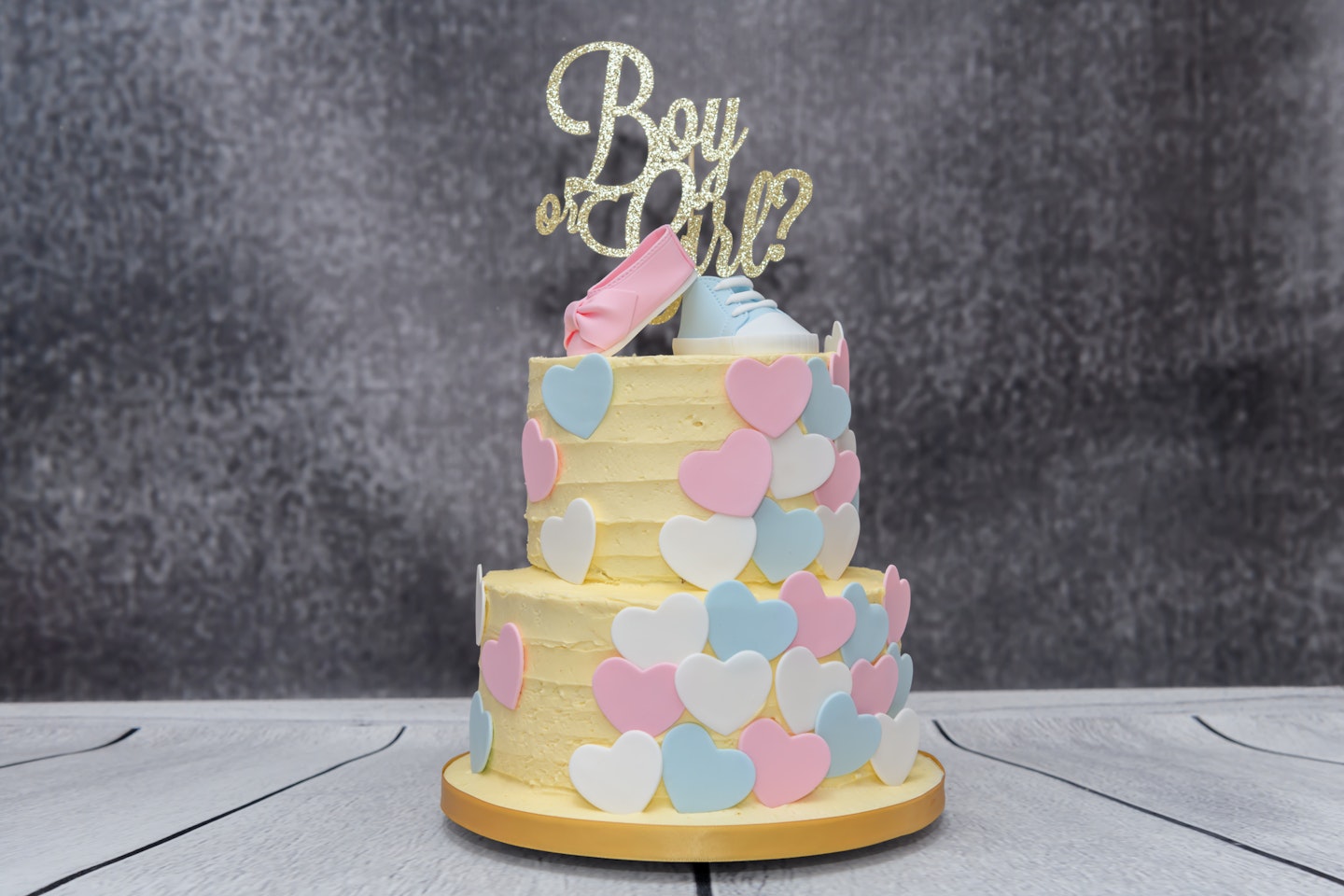 6 of 20
6 of 206) X and Y chromosomes
The sex of your baby is actually determined from the moment your partner’s sperm meets your egg – if the sperm is carrying a Y chromosome, you’ll have conceived a boy and if it’s an X chromosome, it’ll be a girl.
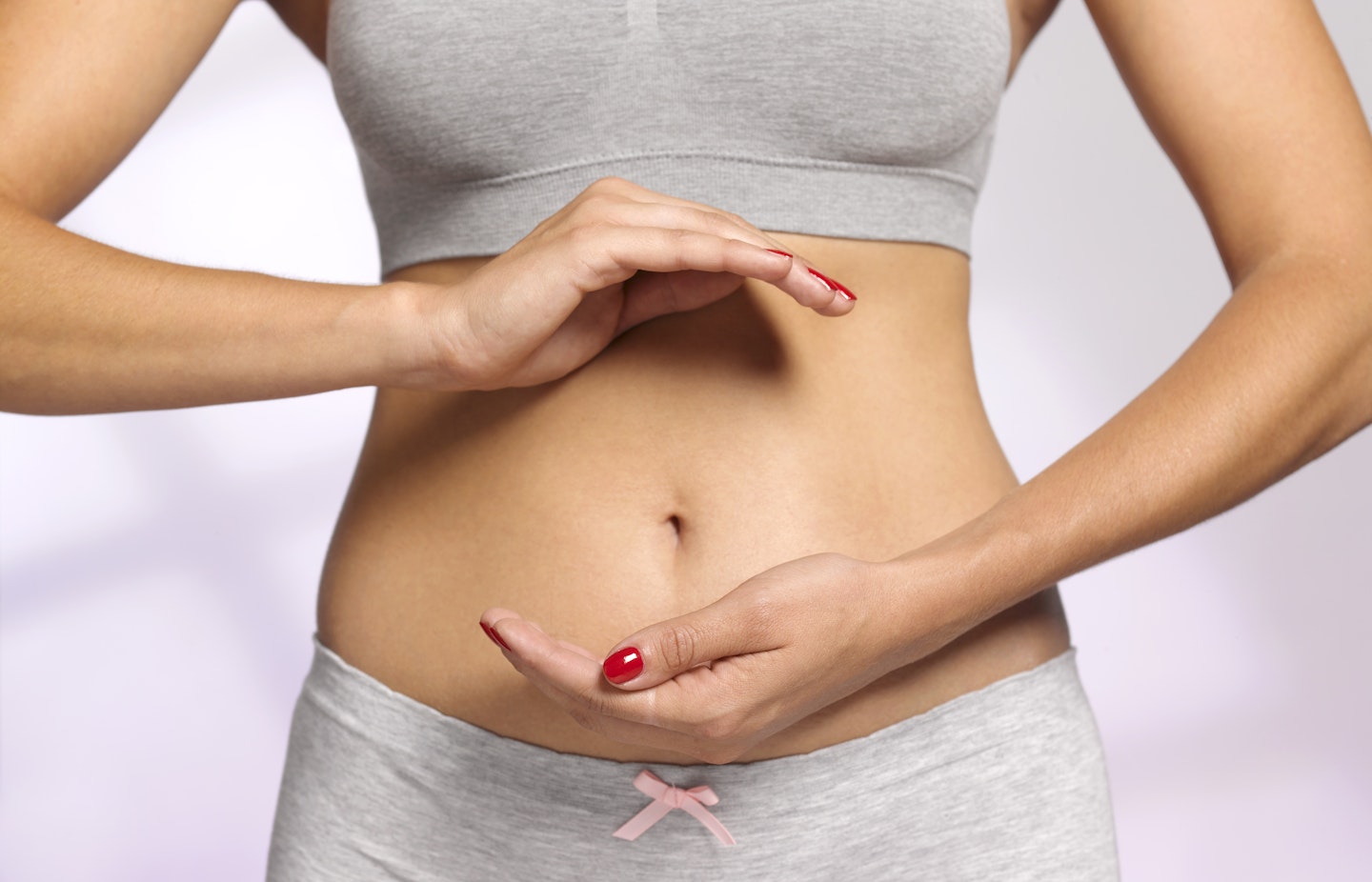 7 of 20
7 of 207) A woman is born with millions of eggs
Every woman is born with millions of immature eggs – half of these will be absorbed by your ovaries before you reach adolescence, the other half will sit waiting for your ovulation cycle to begin. Only 300 to 500 of these eggs (medically referred to as oocytes) will become mature eggs in your lifetime.
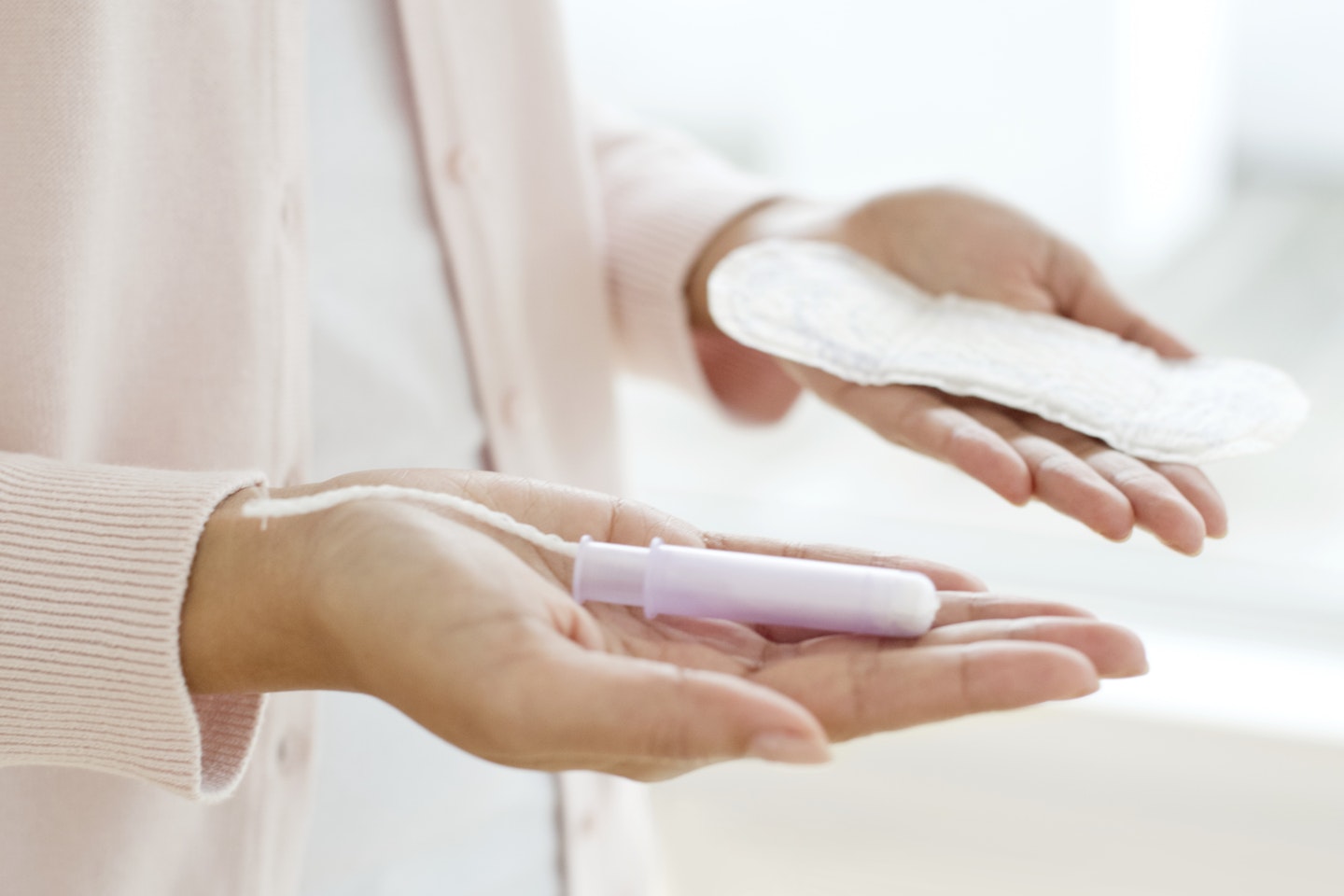 8 of 20
8 of 208) Periods can vary
You can have a period even if you haven’t ovulated and you can ovulate without having a period.
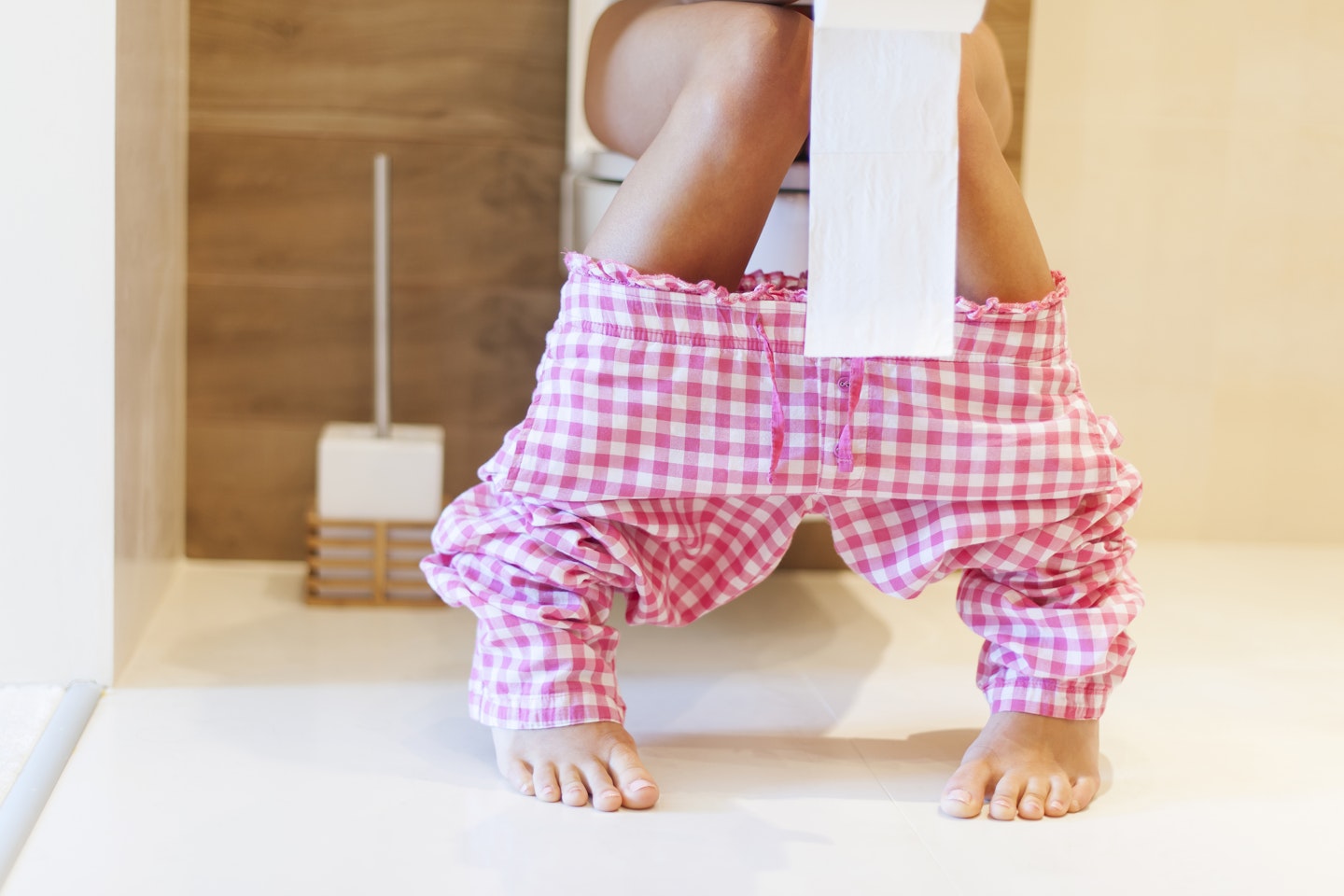 9 of 20
9 of 209) Implantation bleeding
Some women experience some bleeding as their fertilised egg burrows into the lining of their womb, this is called implantation bleeding and can often be confused with a period. Here's how to tell the difference between implantation bleeding and a period.
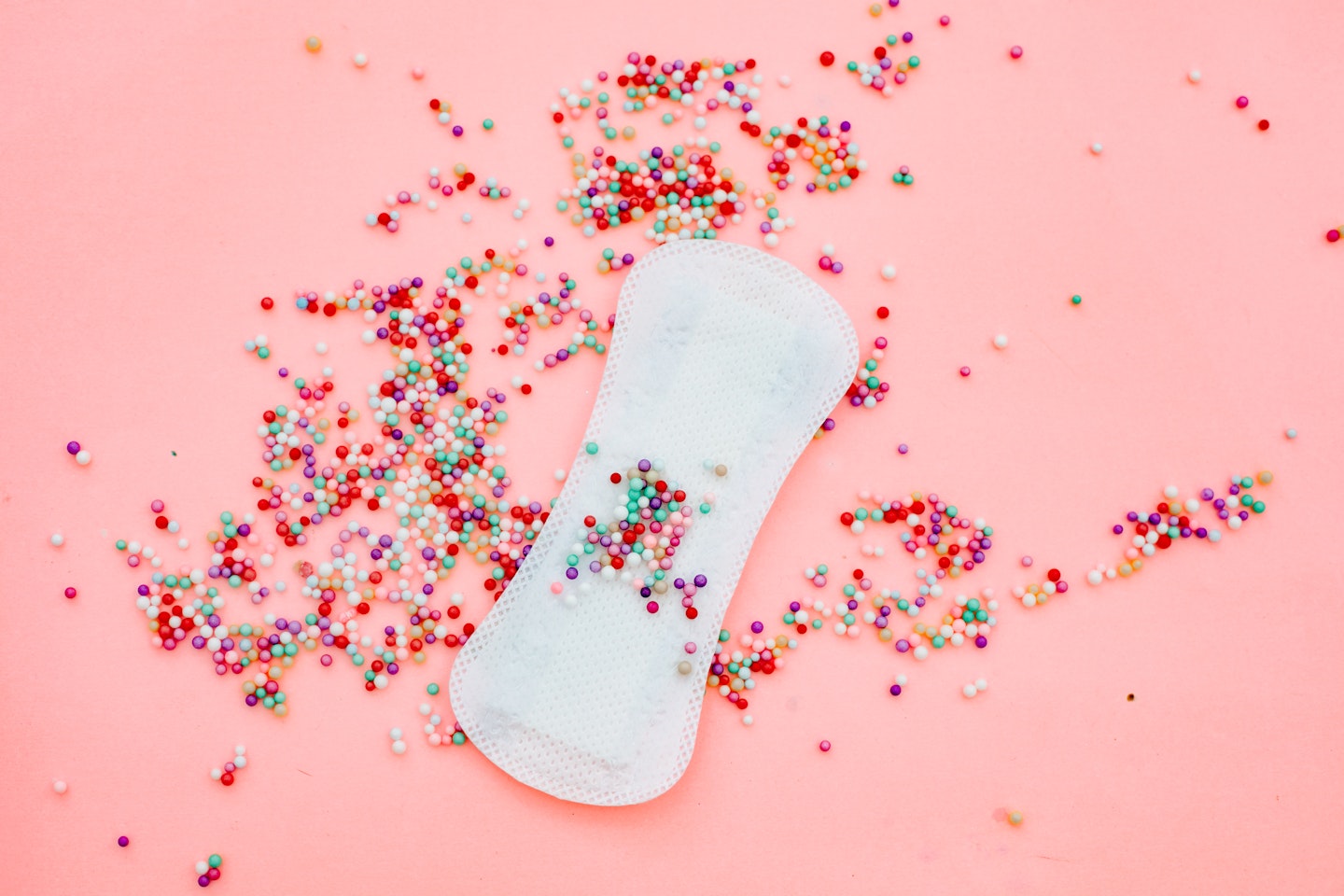 10 of 20
10 of 2010) What happens when an egg isn't fertilised?
If an egg is not fertilised by a sperm during the ovulation period, it will disintegrate and be absorbed into the lining of the uterus or pass out with the menstrual flow.
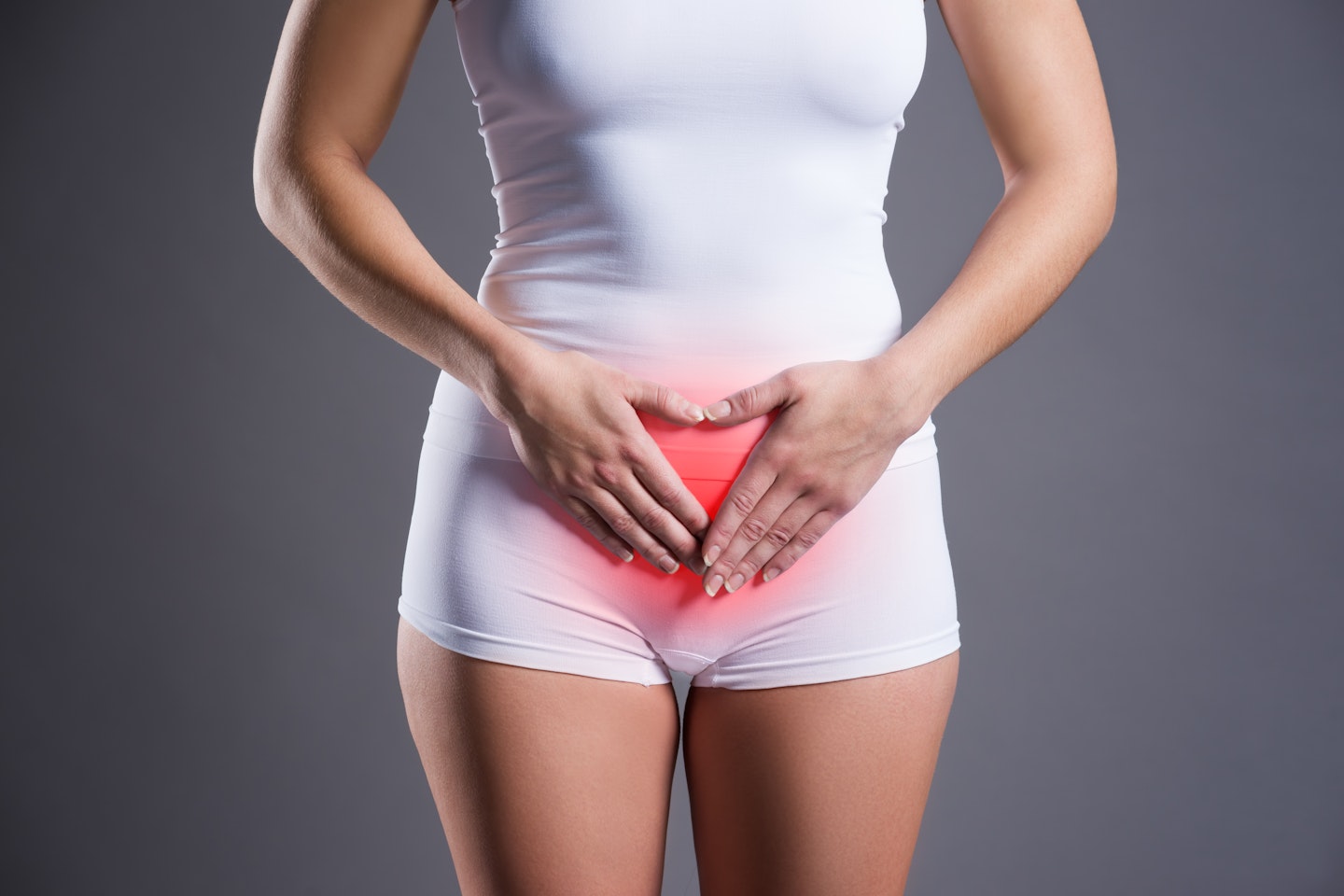 11 of 20
11 of 2011) There are two different hormones
Ovulation happens thanks to two different hormones – during the most fertile week of your cycle, your levels of lutenising hormones (LH) and follicle stimulating hormone (FSH) will rise. This stimulates the production of follicles in your ovary.
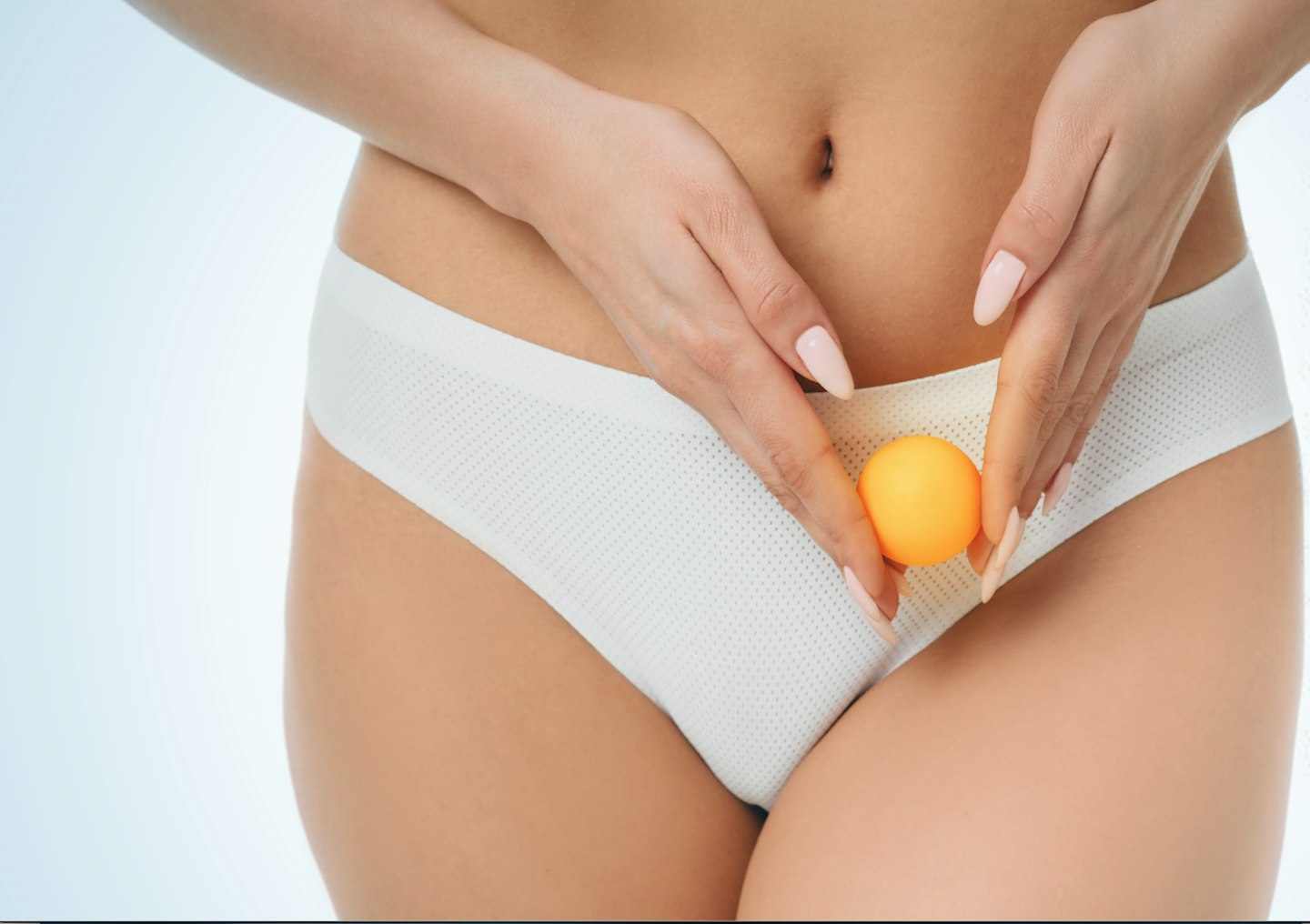 12 of 20
12 of 2012) Usually only one egg is released
Each month, one follicle will become larger than the others and produce an egg. Usually only one egg will be released during each cycle. This follicle will also start to produce oestrogen, which tells your body to start thickening the lining of the womb for implantation.
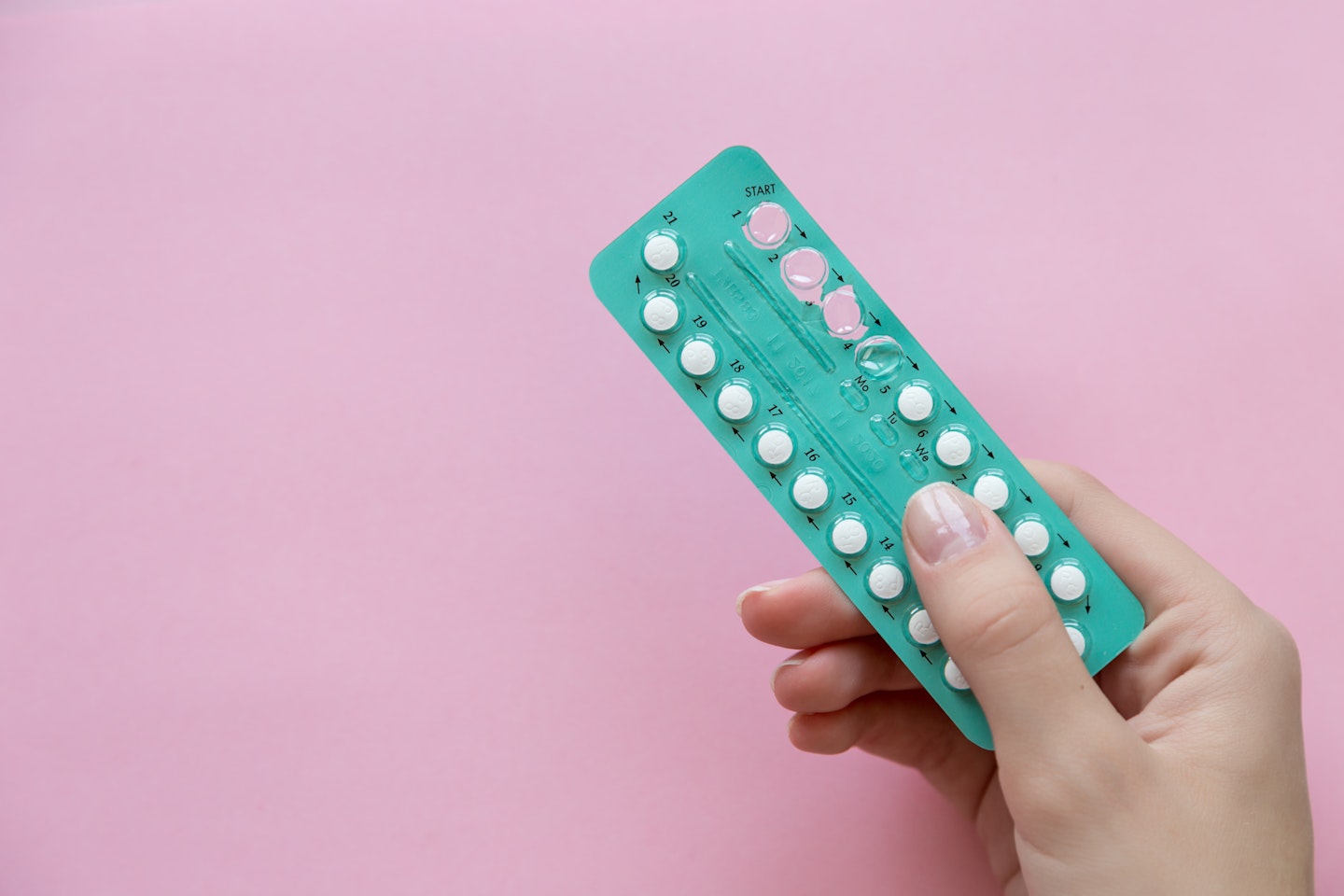 13 of 20
13 of 2013) Your body produces the same hormone that's in birth control pills
Once the egg has been released, the same (now empty) follicle will produce another hormone – progesterone, which prevents the release of any more eggs this cycle. The empty follicle is medically referred to as corpus luteum. This level of progesterone remains high enough to prevent any more eggs from being released for the next 12 to 16 days, after which your cycle will start again. This is the same horomone that is in birth control pills.
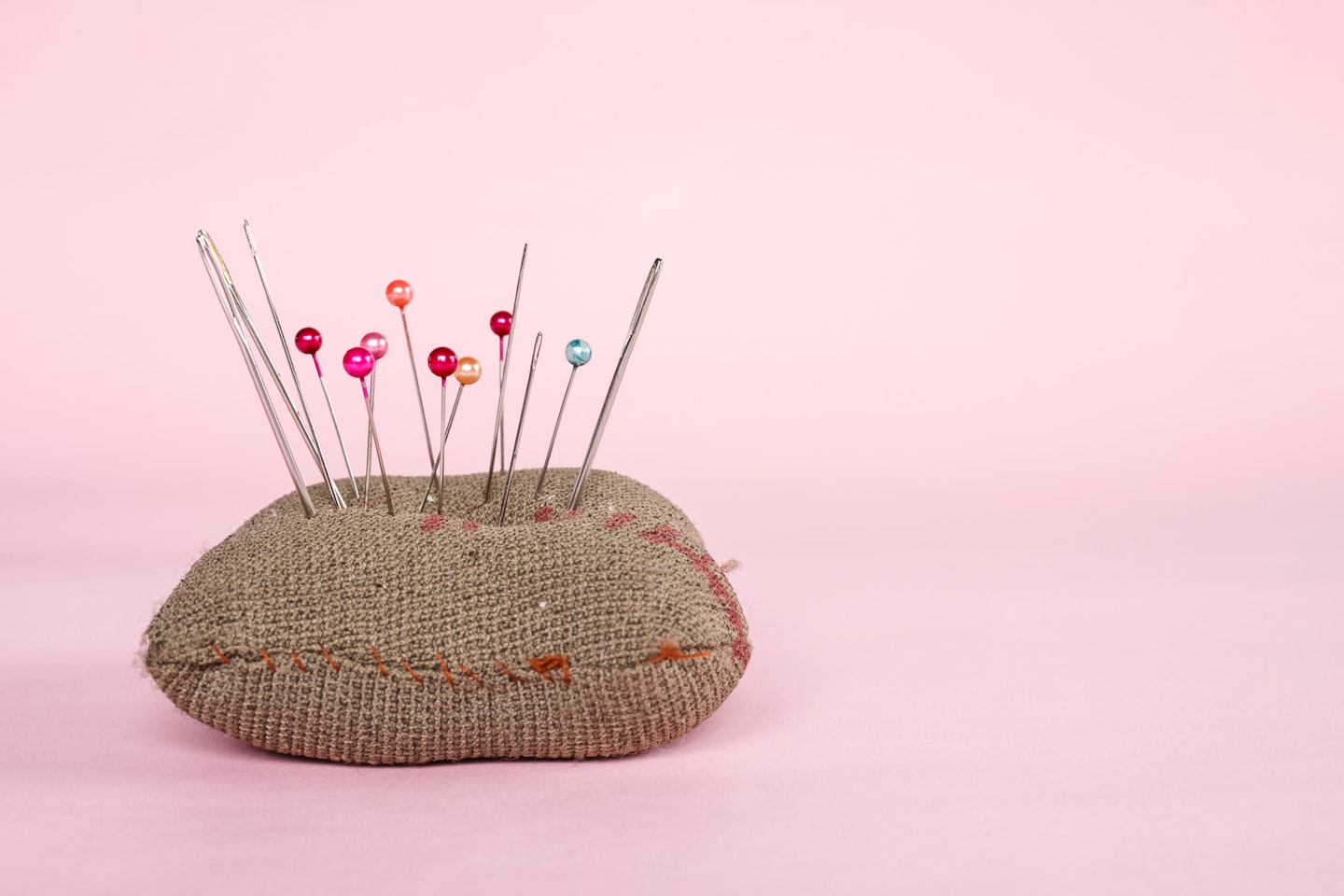 14 of 20
14 of 2014) The size of your egg
Your egg is smaller than the head of a pin when it is released during ovulation.
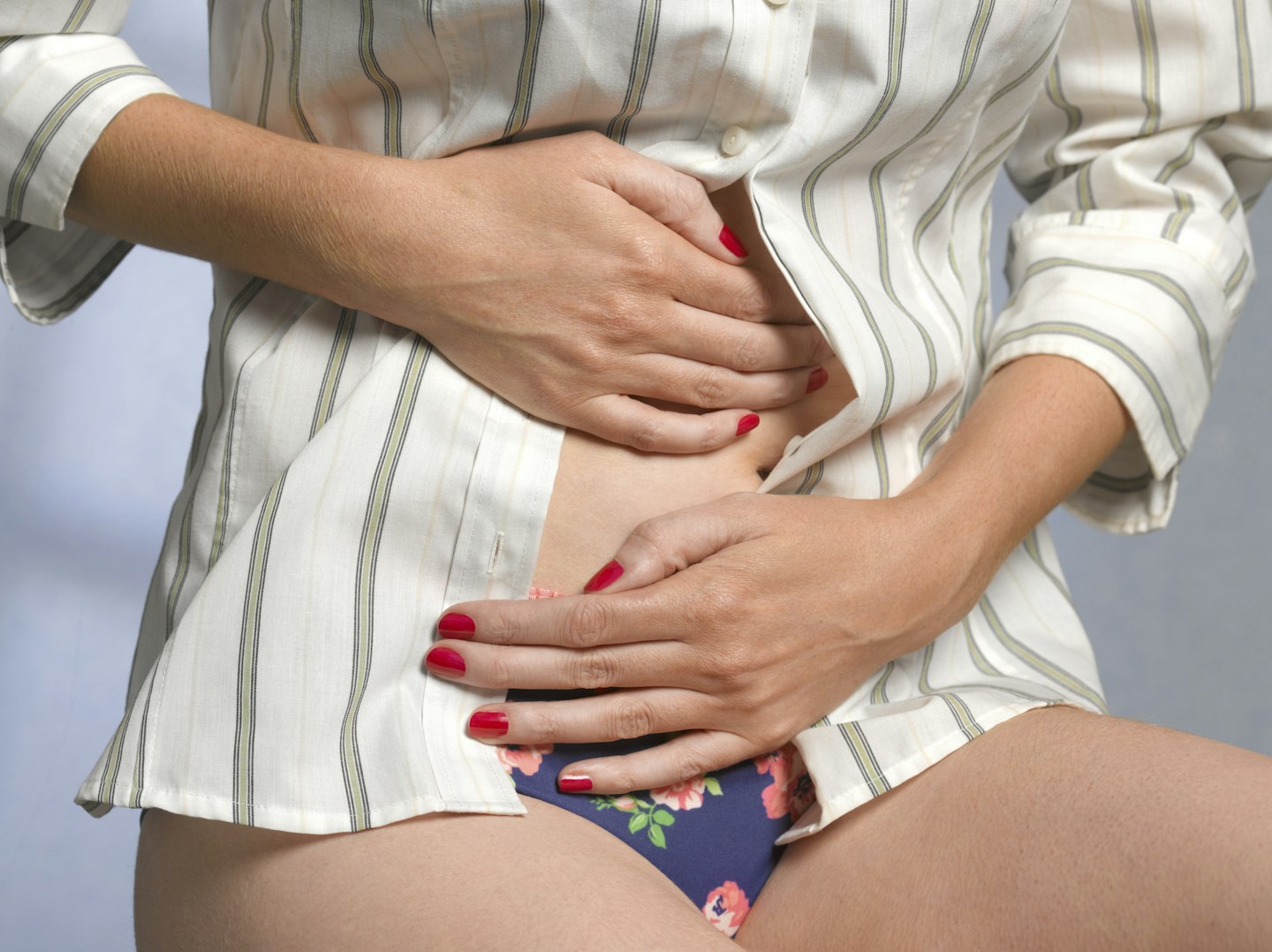 15 of 20
15 of 2015) Are there any signs of ovulation?
Although a lot of women do not experience any physical signs of ovulating, one in five will experience lower abdominal pain, known as mittelschmerz – a German word meaning ‘middle pain’.
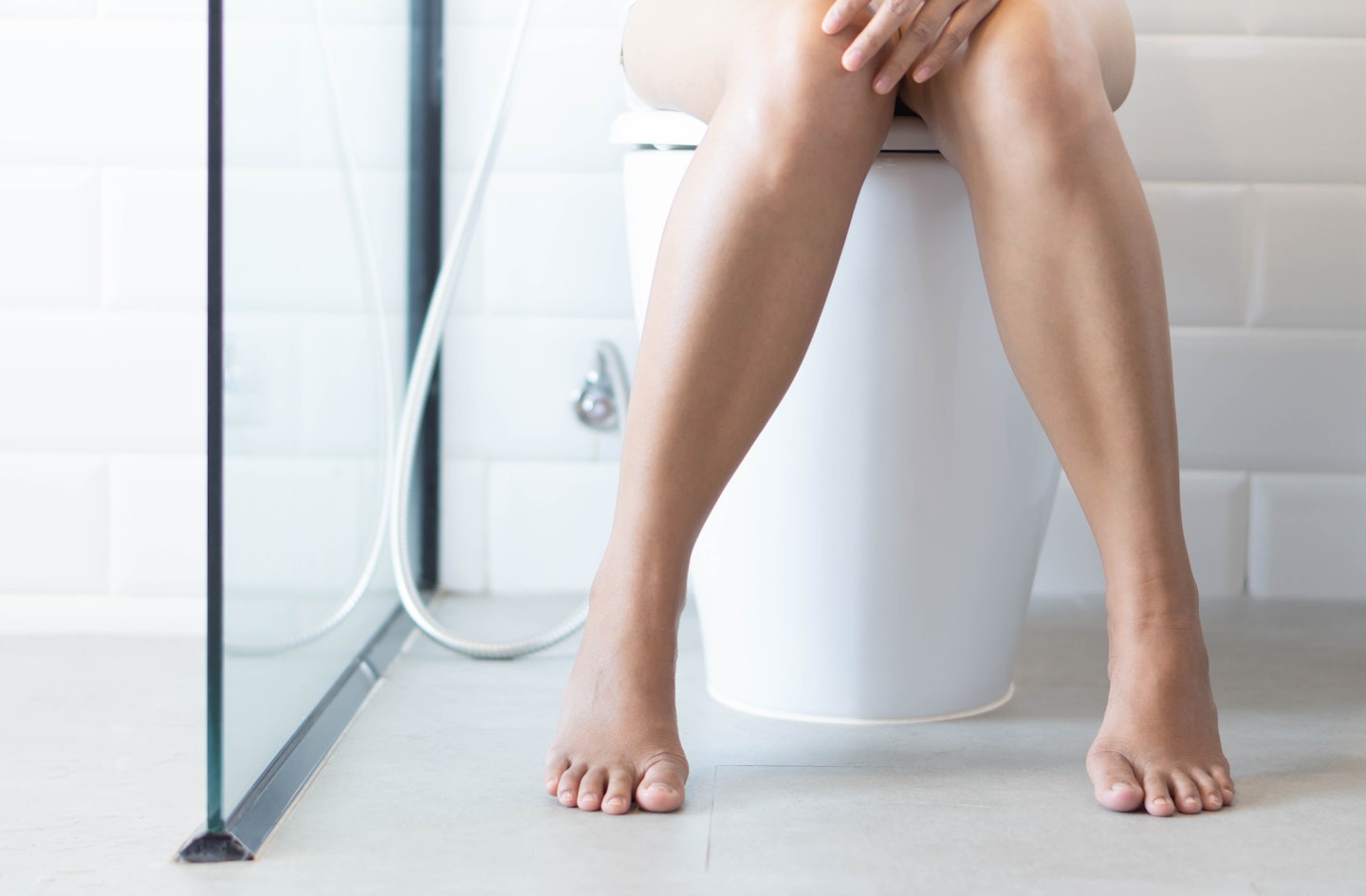 16 of 20
16 of 2016) A clear sign you're ovulating
Another physical sign you are ovulating is a clear, somewhat elastic discharge in the days leading up to ovulation. It might sound gross, but try stretching it between two fingers so you know what to look out for each month.
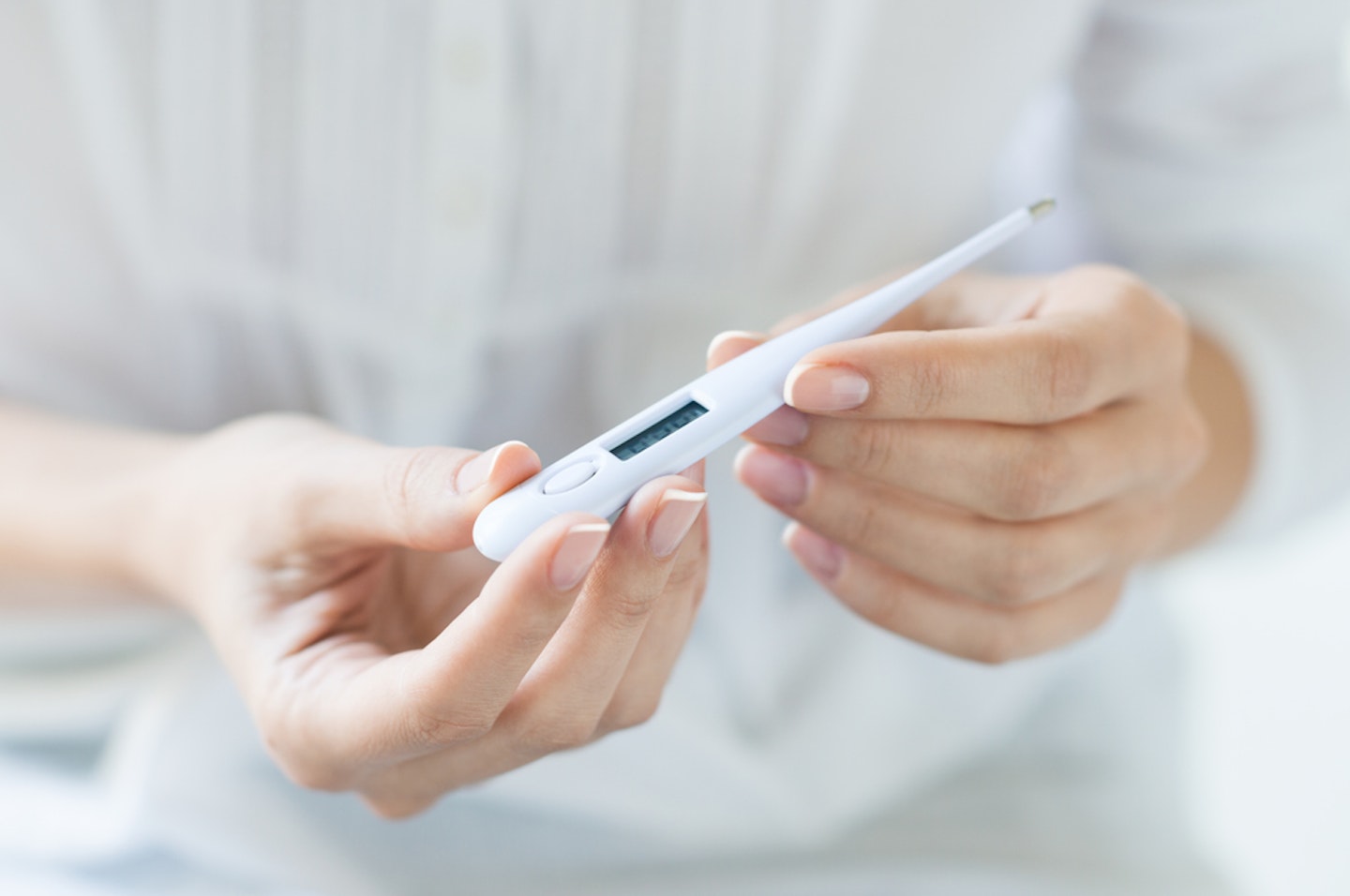 17 of 20
17 of 2017) How to check you're ovulating
If you want to be really sure when you are ovulating, monitoring your basal body temperature (BBT) is a good indicator.
Your basal body temperature averages around 36.1-36.4°C before ovulation, and rises to between 36.4-37°C after ovulation. The downside to this method is that your body temperature changes 12 to 24 hours after ovulation has actually occurred, meaning there can be little time left to conceive. Try downloading the Natural Cycles appfor this method.
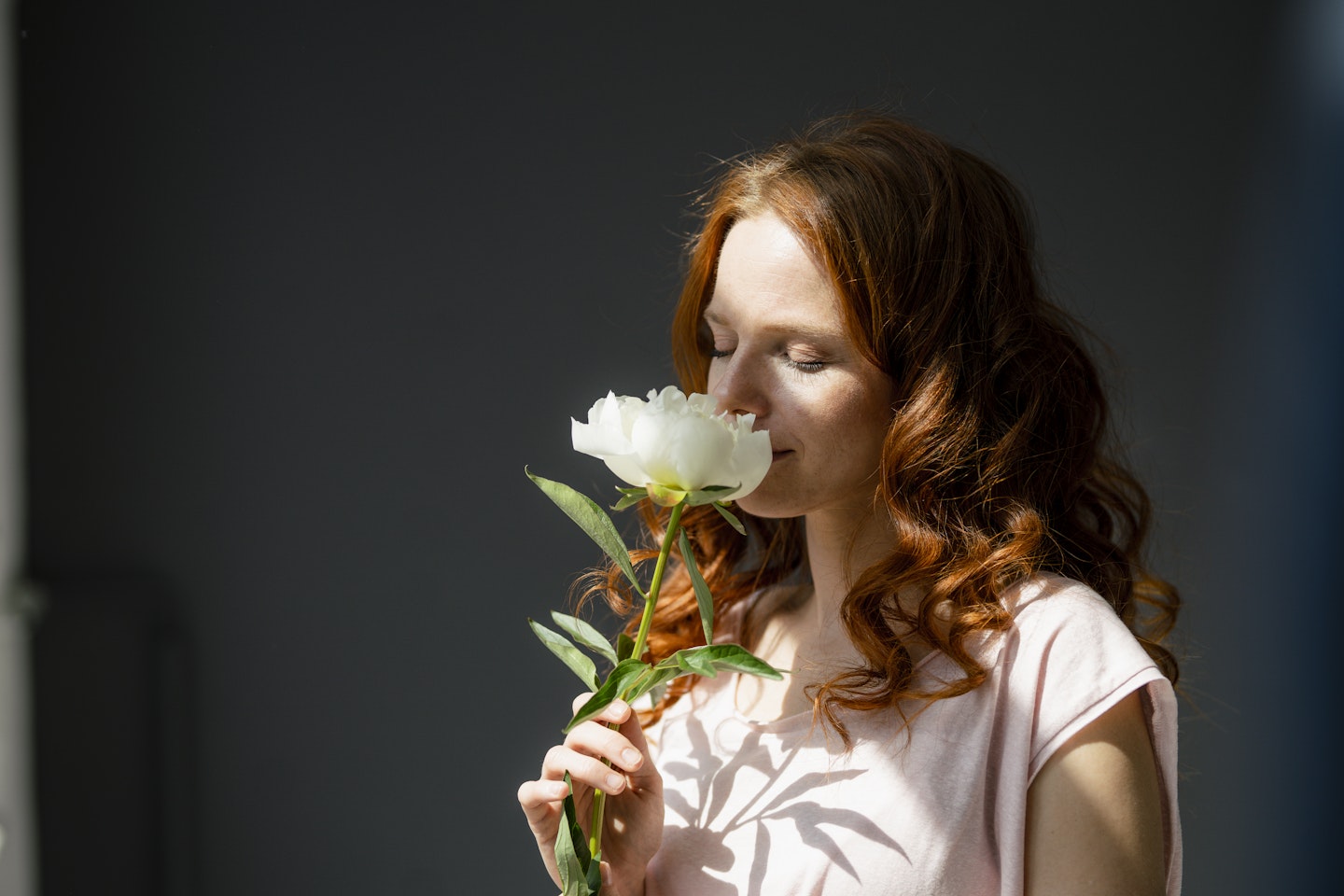 18 of 20
18 of 2018) What's that smell?
Research has proved your sense of smell increases when you are ovulating. Science tells us you also look more attractive to your partner when you’re ovulating.
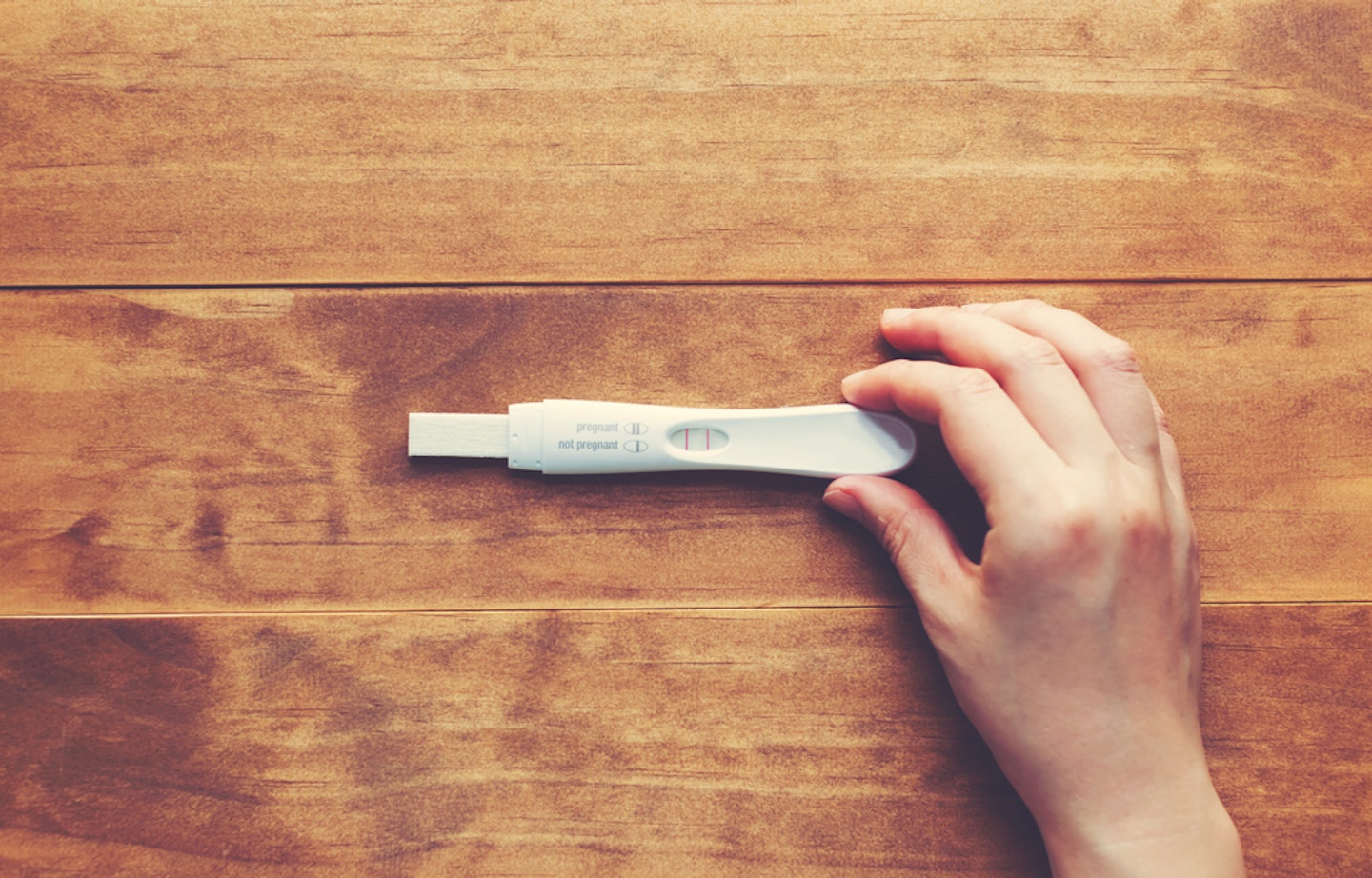 19 of 20
19 of 20ovfacts pregtest
Research has proved your sense of smell increases when you are ovulating. Science tells us you also look more attractive to your partner when you’re ovulating.
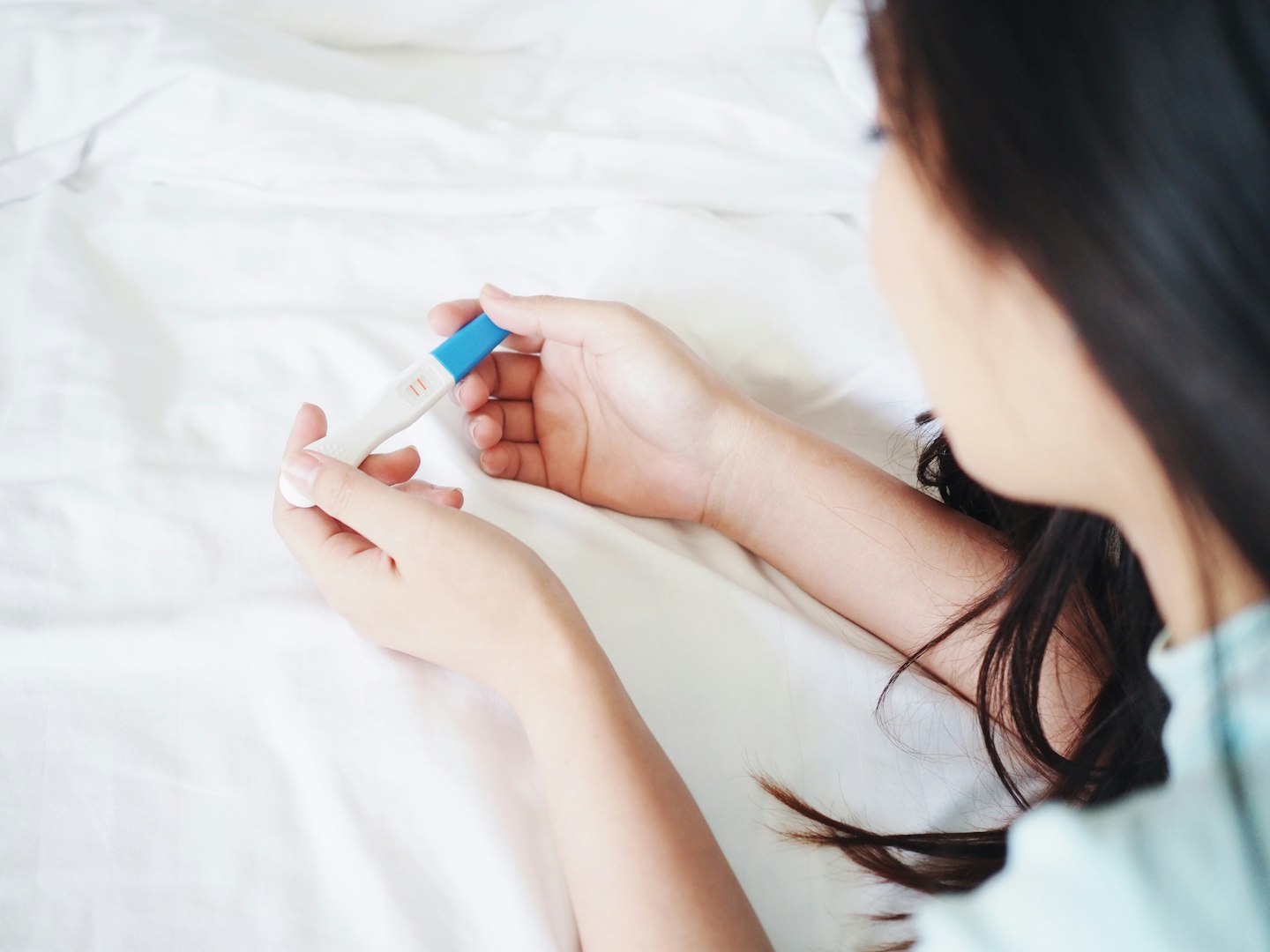 20 of 20
20 of 2019) Home pregnancy tests
Home pregnancy tests work by checking your urine for the hormone hCG, that your body starts to make once a fertilised egg has been implanted in your uterus. However, this process can take several days, so if you take a test straight away, you might want to re-take it nearer to when your period is due. Find out more about when to take a pregnancy test here.
Read more popular articles
11 trying to conceive tips the fertility experts want you to know
Is it normal to experience pain during ovulation and why does it happen?
